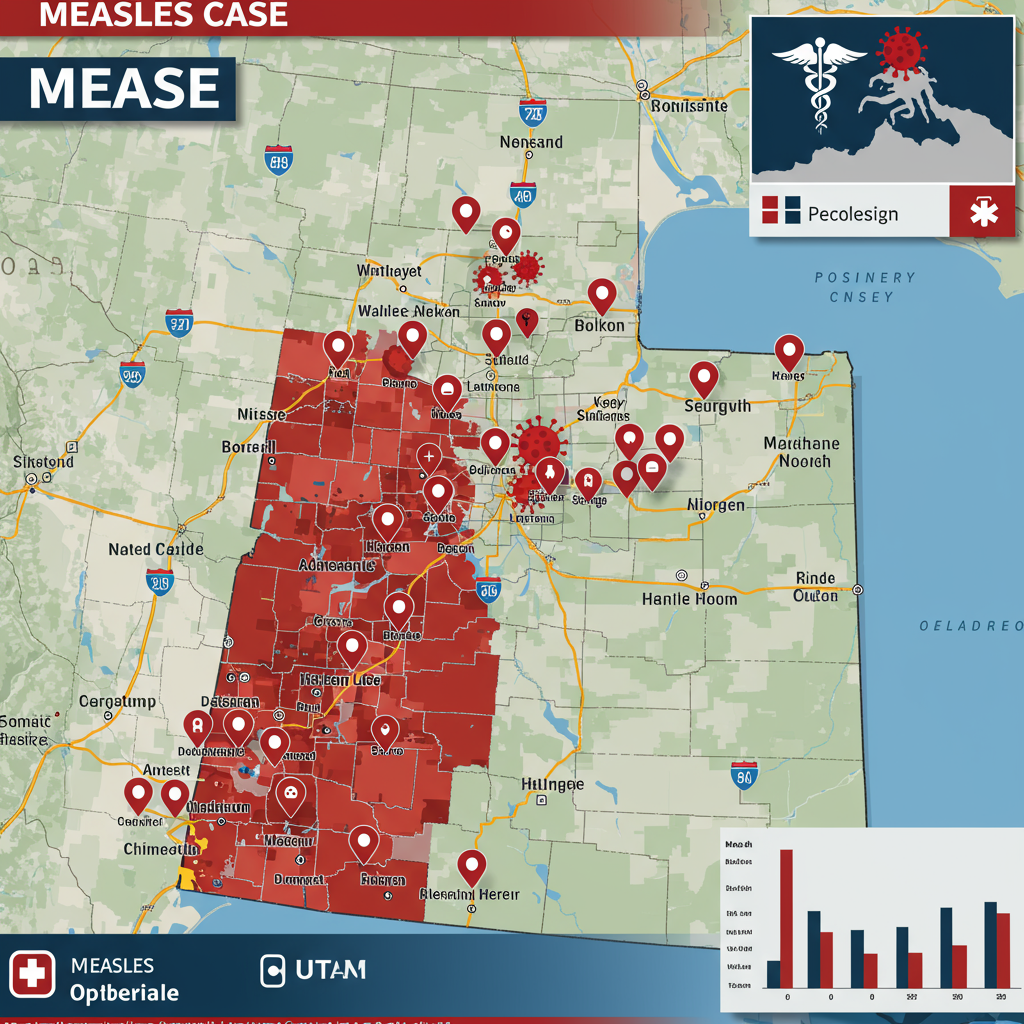PM Keir Starmer Announces National Grooming Gang Inquiry
Prime Minister Keir Starmer has announced the launch of a major national statutory inquiry into grooming gangs across England and Wales. This significant decision follows his acceptance of recommendations from an independent audit led by Baroness Louise Casey, who was commissioned to examine the scale and nature of group-based child sexual abuse.
The move represents a notable shift for Starmer, who had previously faced pressure to initiate a national inquiry but argued it could delay justice for victims by diverting focus from implementing recommendations of earlier reviews. Speaking from the G7 summit in Canada, the Prime Minister stated that accepting Baroness Casey’s recommendation was “the right thing to do” based on the findings of her extensive review. “I have read every single word of her report and I am going to accept her recommendation,” Starmer said.
The Catalyst: Baroness Casey’s Audit
Baroness Casey’s months-long audit, initially planned for three months, was tasked with providing a comprehensive picture of the abuse, including examining data not available to previous national reviews, such as the one led by Alexis Jay in 2014 concerning Rotherham. A critical part of her mandate was to investigate the ethnicity and demographics of both perpetrators and victims, as well as the “cultural and societal drivers for this type of offending, including among different ethnic groups.”
Crucially, Baroness Casey herself reportedly did not initially believe a national inquiry was necessary at the outset of her work. However, after reviewing the evidence, she changed her position and concluded a nationwide probe was essential. Her nearly 200-page report, expected to be published shortly, is anticipated to detail significant institutional failures. Sources suggest it will highlight that white British girls were “institutionally ignored for fear of racism” and draw a link between illegal immigration and exploitation. This echoes concerns raised in Casey’s 2015 Rotherham review, which noted an “archaic culture of sexism, bullying and discomfort around race” hindering discussions about the ethnicity of perpetrators.
A Shift in Government Stance
The decision to launch a statutory inquiry marks a departure from the government’s earlier preference for focusing on existing recommendations and supporting five localized investigations in areas like Oldham and Telford, for which a model was being devised by Tom Crowther KC.
Pressure for a national inquiry had mounted significantly, including from within Parliament and notably amplified by tech billionaire Elon Musk early in the year, who drew attention to the refusal of Oldham council’s request for a second national inquiry via a series of tweets. While some political opponents frame the decision as a U-turn, Starmer has indicated he was waiting for Baroness Casey to complete her audit and provide her revised recommendation.
What a Statutory Inquiry Means
Being a statutory inquiry under the Inquiries Act means it will possess legal powers to compel witnesses to provide evidence and require the disclosure of documents. This is a key difference from non-statutory reviews and is seen as essential for ensuring accountability and uncovering institutional failings. Starmer acknowledged that setting up an inquiry under this legal framework will “take a bit of time to sort out exactly how that works,” promising details would be set out in an orderly way. A senior government source indicated the inquiry would likely coordinate a series of targeted local investigations, with powers to proceed even if local authorities are resistant.
The announcement comes shortly after a long-running trial in Rochdale concluded with seven men found guilty of multiple sex offences against two vulnerable teenage girls, highlighting the ongoing nature and devastating impact of these crimes.
Political Reactions
The announcement drew sharp criticism from political opponents. Conservative party leader Kemi Badenoch accused Starmer of acting only because an official report instructed him to, describing it as the “latest in a series of U-turns” and accusing him of wasting “six wasted months,” having called for an inquiry since January. She stressed the need for the inquiry to be conducted properly and swiftly, arguing “Justice delayed is justice denied” for survivors.
Other critics, including Conservative MP Chris Philp, recalled Starmer’s previous opposition to a national inquiry and echoed concerns raised by figures like Labour MP Paul Waugh and in the GB News exposé, that past instances of this type of abuse were “actively covered up by the authorities for too long,” often due to perpetrators being mainly of Pakistani heritage and fears among police and councils about damaging race relations overshadowing the protection of vulnerable girls. Reform UK leader Nigel Farage welcomed the decision as a “welcome U-turn” but cautioned it must be “done correctly” to avoid a “whitewash.”
The upcoming publication of Baroness Casey’s full report and a planned statement by the Home Secretary Yvette Cooper in the House of Commons are expected to provide further details on the scope and next steps for the inquiry.


